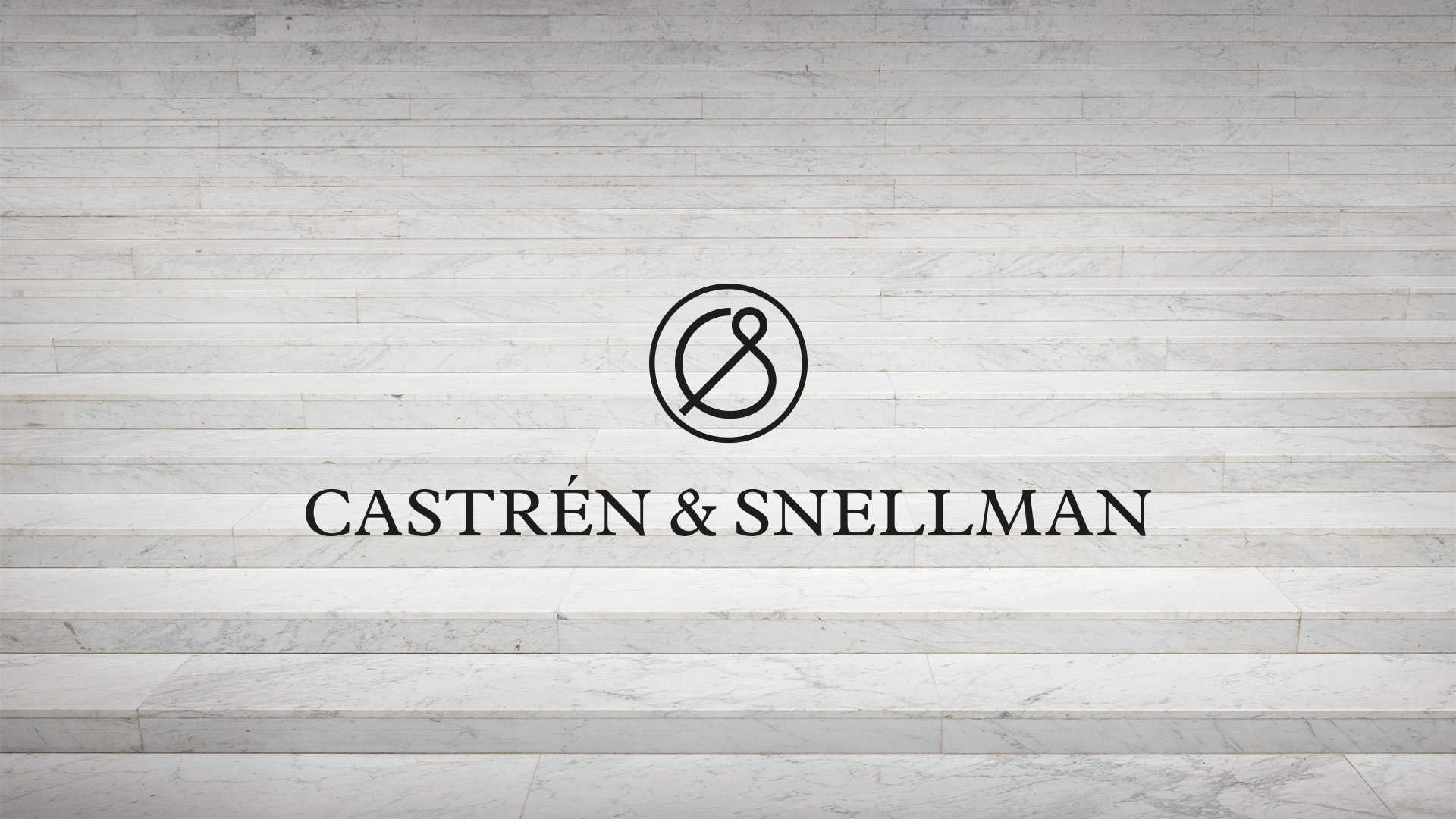The Ministry of Economic Affairs and Employment just published a committee report including a proposal for a new Trade Secrets Act. The act will improve the availability of legal remedies for companies in situations in which their business secrets are infringed. The new act will transpose the EU’s Trade Secrets Directive. In addition, the applicable regulations of the current Unfair Business Practices Act concerning the protection of trade secrets and technical instructions will be transferred into the new act.
New Trade Secrets Act to Protect Confidential Corporate Information


Johanna Lähde
The government bill will be, circulated for comments, finalised and after that, presented to Parliament in early 2018. The intention is for the new act to enter into force no later than on 9 June 2018, which is the deadline for transposing the Trade Secrets Directive.
The proposed act is a general act that would be applicable to trade secrets. It would apply unless provided otherwise in some other act. For example, the definition of trade secret included in the proposed act could be applied when deciding whether the question is of a trade secret defined in some other act and what le-gal remedies in the act can be used if a confidentiality obligation provided for in some other act has been violated. The Trade Secrets Act will also supplement the trade secrets provisions of the Employment Con-tracts Act. A summary of the key reforms of the bill is presented below.
New Definition of Trade Secret
In order for information to be a trade secret, it must fulfil three requirements. First, a trade secret must be secret information. A trade secret cannot be information that, for example, is common general knowledge in a particular field of business or that is easy to come by. An individual’s conventional expertise also cannot be a trade secret. The line between expertise and trade secrets is one that has to be assessed on a case-by-case basis. However, the secrecy requirement could still easily be met even if the same information is known in two different companies operating in the same field. A trade secret is not an exclusive right, so the same information can perfectly legally be a trade secret of more than one company.
The second requirement is that a trade secret must have financial value to a business due to it being a secret. Thus, if the information becomes public, this would weaken the company’s competitive position and cause the company financial damage. However, the financial significance of the trade secret does not mean that a company has to have already exploited the secret. It is enough that the company could benefit from the secret in its business operations. The act can also protect information that is in the possession of a party that is not an entrepreneur provided that the information could have financial value in business.
Third, the possessor of the trade secret must actively seek to keep the information secret. The fact that the information is confidential must be clear to the persons handling it. The proposed act does not define in detail how trade secrets must be protected. Possible measures could include non-disclosure agreements between a company and its employees or business partners or proper security arrangements for data systems and physical premises.
When the above requirements are met, information would protected as a trade secret. In practice, trade secrets can consist of very different types of information, such as pricing information, customer registers, market analyses, technical information about products or test results.
What Constitutes Unlawful Acquisition, Use or Disclosure of Trade Secrets?
The proposed Trade Secrets Act includes a general prohibition of unlawfully acquiring or attempting to acquire trade secrets. The new act would specify methods of unlawful acquisition in much more detail than they currently are. For example, it would be prohibited to unlawfully acquire a trade secret by copying, imitating or observing the documents, objects, materials or electronic files of the owner of the trade secrets.
On the other hand, the act would also expressly provide for permitted methods of acquisition. It would be legal to acquire trade secrets, for example, by independent invention or creation or by reverse engineering trade secrets from a product or object on the market.
The new act would also provide for unlawful use and disclosure of trade secrets in much more detail. Per-sons who have gained knowledge of trade secrets based on their position, such as company board members or managing directors, would be expressly prohibited from using and disclosing business secrets. A general confidentiality obligation concerning trade secrets would apply to the parties to a confidential business relationship. The new act would also prohibit persons bound by non-disclosure agreements or confidentiality obligations from using or disclosing trade secrets. This being the case, the new act would make it possible for more than one provision at a time to protect the same trade secret.
A person who has received knowledge of a trade secret when working for another party cannot unlawfully use or disclose it while in that position. Under the current Unfair Business Practices Act, the use and dis-closure or a trade secret is prohibited if a person has acted to obtain benefit for themselves or a third party or to damage the other party. The new act would improve the level of protection, as the act would no longer require that the purpose be to benefit or to damage the other party. The new provision would protect, for example, the trade secrets of employers, business partners or customers.
Whistleblowing
The new act would also provide for the protection of trade secrets being superseded in situations in which misconduct is revealed (whistleblowing). This provision is based on the Trade Secrets Directive. The provision concerns situations in which a person discloses trade secrets in order to reveal misconduct or illegal activity, provided that the respondent acted for the purpose of protecting the general public interest. Companies have increasingly been focusing on the prevention of misconduct and on establishing whistleblowing channels to reveal misconduct. However, the Trade Secret Act would not define who a whistle-blower could reveal trade secrets to. The assessment would have to be made on a case-by-case basis and take into consideration, among other things, whether a company’s internal channels could have been used and whether the misconduct could be dealt with without disclosing the trade secret. The European Court of Human Rights has assessed the relationship between whistleblowing and the protection of trade secrets in its case law.
Infringements to be Heard by District Courts or the Market Court
Under the Unfair Business Practices Act, disputes between entrepreneurs concerning the violation of trade secrets are heard by the Market Court. The new act will expand the protection of trade secrets to situations in which no statutory confidentiality obligation currently exists. Questions relating to the confidentiality obligation concerning trade secrets could also arise in the context of and be linked to wider disputes. Under the new act, any natural or legal persons, not just entrepreneurs, can be possessors of trade secrets, and correspondingly, infringers of protected rights.
For this reason, among others, the proposed new act would provide that disputes concerning trade secrets be primarily heard in district courts. The Market Court would have parallel jurisdiction in situations in which the respondent is a legal person or a natural person engaged in a trade as an entrepreneur. There are no corresponding parallel court jurisdiction provisions elsewhere in Finnish legislation.
If a trade secret were violated, the District Court or Market Court would, at the request of the holder of the trade secret, be able to prohibit the violating party from continuing or repeating the infringing act or from taking such infringing action. The court would also be able to impose new kinds of corrective actions, for example, order the infringing party to recall goods violating a trade secret from the market or to remove the infringing feature from the goods.
Alternatively, the court could order the infringing party to pay compensation for use to the holder of the trade secret. The requirements for such compensation are strict, and require that the infringing party was justifiably under the impression that they had obtained the trade secret legally at the time. In addition, the compensation must be reasonable from the perspective of the holder of the trade secret. The proposed Trade Secrets Act also contains damages provisions. The baseline is that the damage suffered by the trade secret holder would be compensated in full. The infringing party would not be able to benefit for unlawful activity.
For further information, please contact:
Johanna Lähde, who served as one of the secretaries of the Ministry working group.




